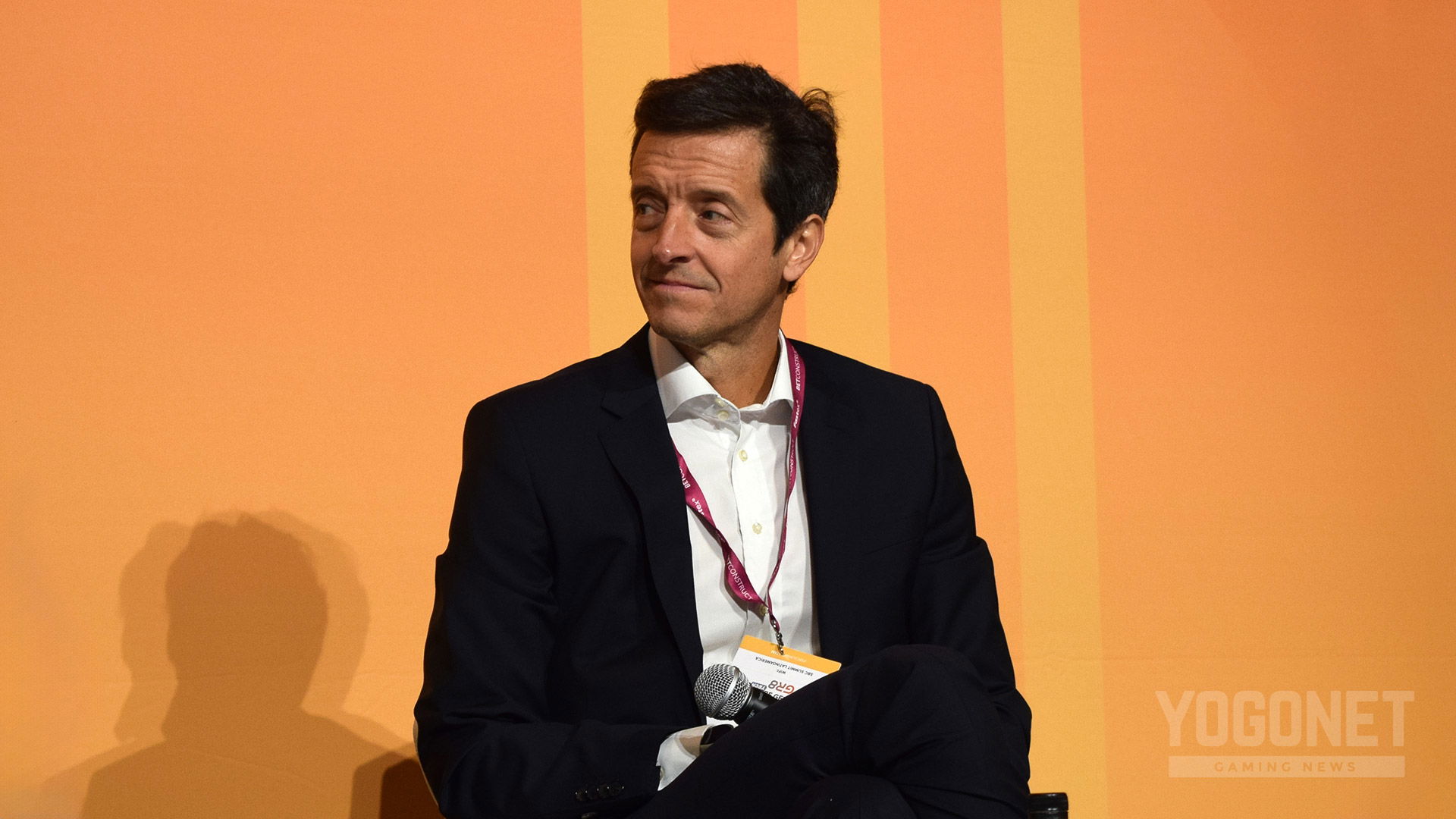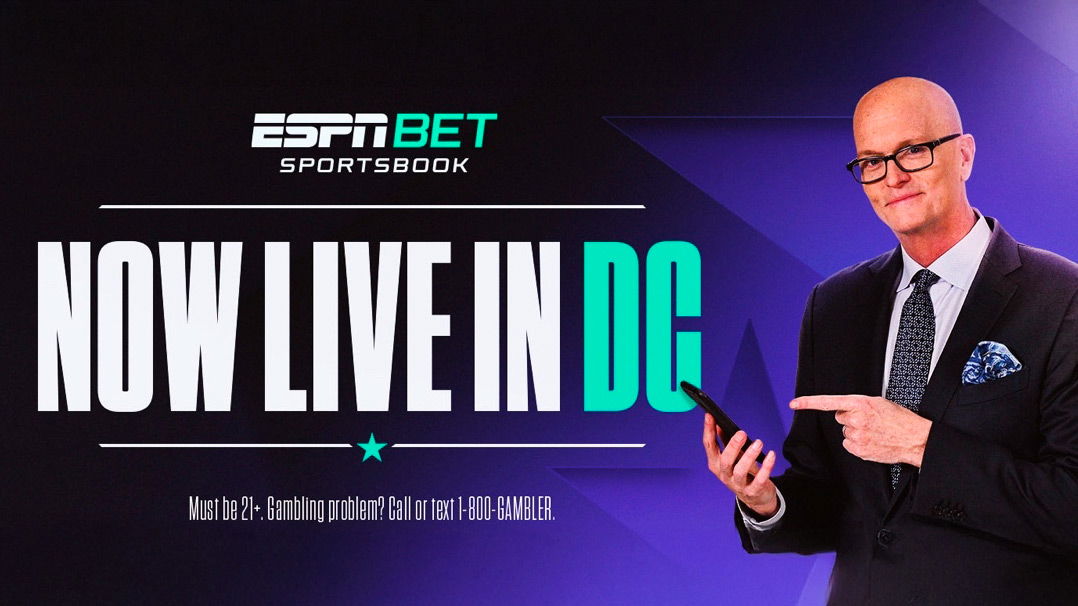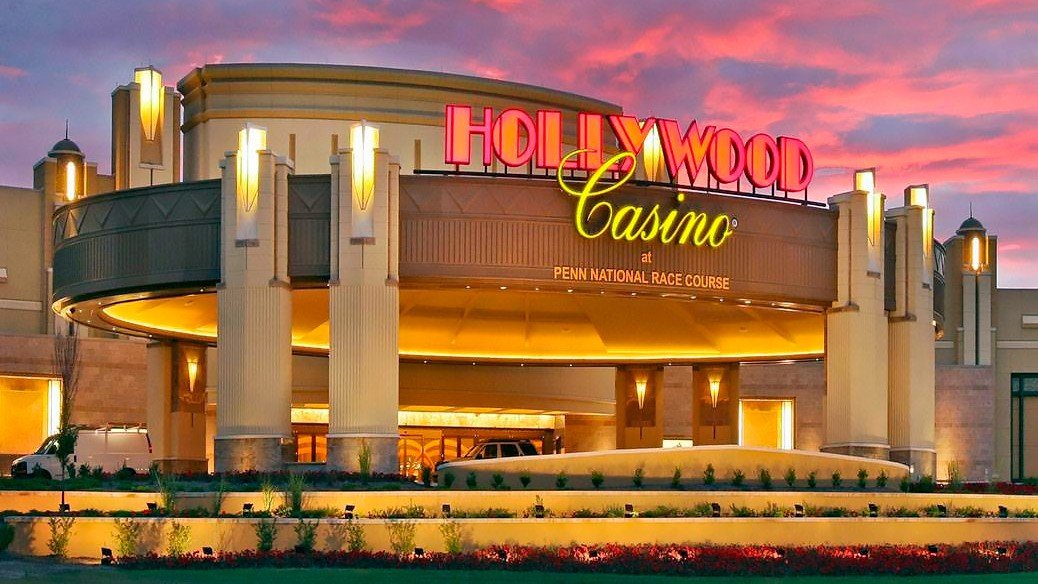André Gelfi: "A regulated market leaves no room for adventurers and tends to organize the competitive environment"

With all the ordinances regulating the Brazilian gambling sector published by the Ministry of Finance, many companies are now moving to ensure the legalization of their operations as of 2025 in an increasingly competitive market.
André Gelfi, President of the Brazilian Institute of Responsible Gaming (IBJR) - an association representing 16 companies in the sector - has been one of the most active voices in favor of regulating the sector and developing a safe market in Brazil.
Earlier this month, IBJR recognized the importance of the set of rules issued by the Treasury, which "allow licensed operators to operate in a transparent, sustainable, fair and safe manner in Brazil, one of the largest markets in the world for this industry."
In an exclusive interview with Yogonet, Gelfi stressed that the regulation will make it impossible for operators "who do not have the capacity to serve the Brazilian market" to enter.
The industry expects some 60 companies to apply to the Gambling Management System (SIGAP) before the key deadline of August 20. The number is lower than the list of 134 bookmakers that had expressed their interest to the Ministry of Finance last year.
The Secretariat of Prizes and Bets (SPA) published on time all the ordinances regulating sports betting. How do you assess them as a whole? Are there any points to be improved for the full development of the market?
The publication of the ordinances was long awaited by the betting market and is extremely important. With this announcement, the Ministry of Finance is showing how betting should operate in the country, from the publication of technical guidelines, clarity in the payment of prizes, inspection of platforms by the SPA, and the determination for companies to create sports integrity policies and thus prevent gambling addiction. New demands will arise from this movement, but the first ordinances point to an expanding sector.
Recently, in an interview with Folha de S. Paulo, you said "Today the market situation is quite worrying, everyone does what they want." Can you explain what you were referring to and how to solve this problem?
The sports betting and online gaming market is going through a process of restructuring and regularization. What we had in Brazil, before the publication of the ordinances and even before the approval of what was known as the 'sports betting bill', was a scenario of lack of clarity, information, and illegality. An environment conducive to all the cases that arose last year about match-fixing, for example. From now on, the scenario changes completely.
The IBJR has positioned itself against the decision to block hundreds of betting sites in the state of Rio de Janeiro, as requested by LOTERJ. How does this type of decision affect the future of the sector?
The TRF-1 decision to block online platforms not authorized by Loterj brought down access to the websites of several companies. Such a decision creates insecurity, and impacts the economic and federal revenues of the sector, as well as the entire ecosystem of the gambling market.
Questions about the integrity of the sector and the safety of players are in vogue due to the rapid growth of the gambling market in the country. How have companies prepared themselves to face these challenges?
Serious companies committed to the integrity of sports and entertainment in the country follow the guidelines of responsible gaming, taking a firm stance against games for teenagers and prohibiting access to this public; in addition to following governmental and regulatory decisions to collaborate with the safe growth of the betting market in the country.
The deadline to legally operate fixed odds betting from 2025 is August 20, but at the time of publishing this interview, only 23 applications for accreditation had been submitted to the SIGAP of the Ministry of Finance. In a scenario with hundreds of sites operating in the country, what can a relatively low number of applications mean?
The number of applicants, which should increase at the end of the deadline set by the Ministry of Finance, confirms the idea that the regulated market leaves no room for adventurers and tends to organize the competitive environment. The value of the license, set at BRL 30 million ($5,491,980), makes it impossible for operators who cannot serve the Brazilian market with the necessary structure to offer security and reliability to Brazilian customers to enter the market.


















































